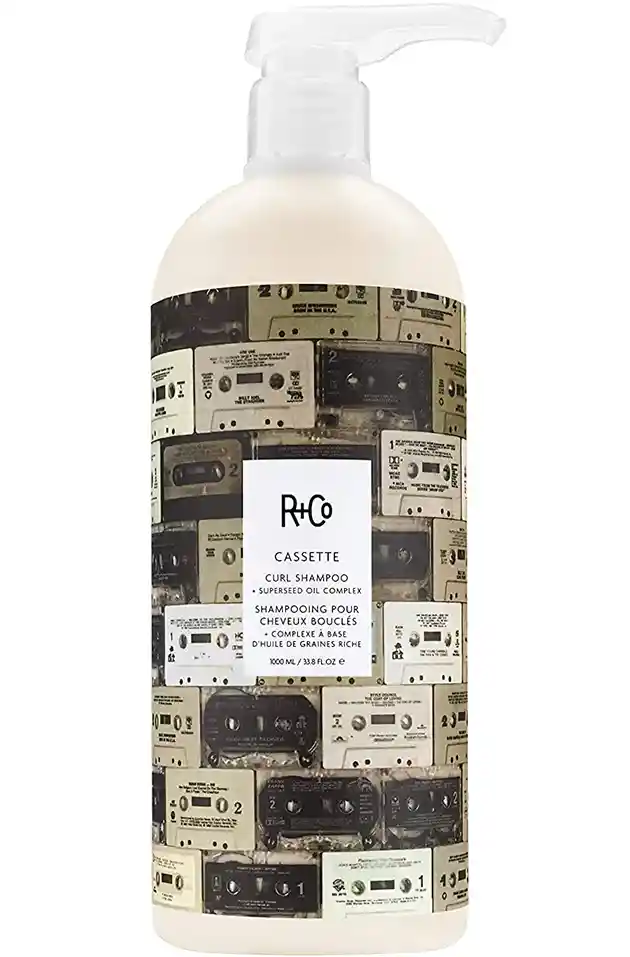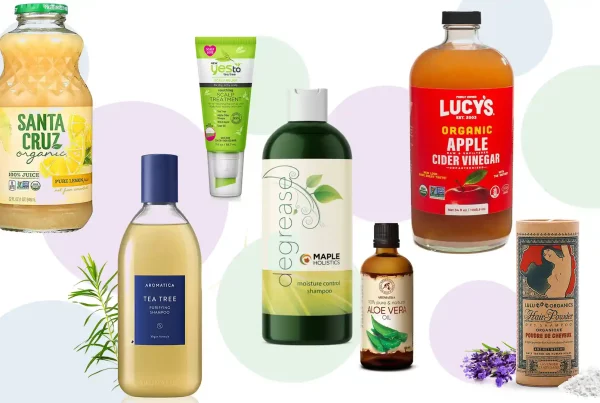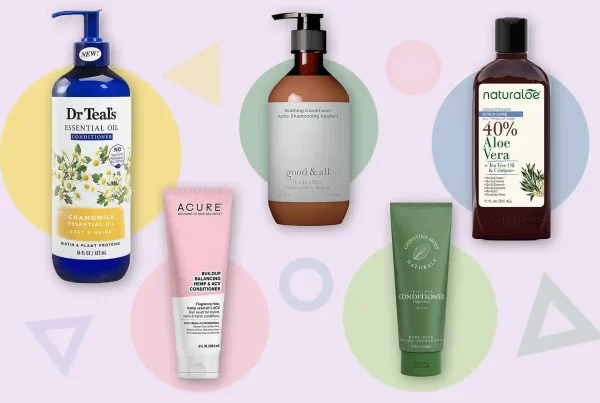Some view veganism as a fleeting fashion. Yet, there are those who regard it as an unwavering life choice – a steadfast lifestyle that isn’t merely optional. However you perceive veganism, its growing prominence over the years is undeniable. The Economist proclaimed 2019 as “The Year of the Vegan,” and they certainly hit the mark.
We may earn commissions from links on this page, but we are independent and only feature vegan hair products we truly believe in. Why trust us?
Introduction
Over the past ten years, the embrace of veganism has become evident through the evolution of the food sector, endorsements from celebrities, and beauty brands pivoting to animal-free and cruelty-free formulations. While it may appear that this surge in veganism stems from contemporary trends, it’s truly a culmination of thousands of years’ work combined with 21st century knowledge and technology.

Credit: Patrick & Alex Latimer
Veganism as a lifestyle has been under the spotlight for quite some time, with many non-vegans viewing it as superfluous or even absurd. For many, it’s challenging to grasp the essence of veganism when animal products have been at the core of their diet. It’s a relatable sentiment; the unfamiliar can be daunting.
Regardless of whether you’re an ardent carnivore, vegetarian, or a staunch vegan, let’s unpack the true essence of veganism, dispel misconceptions, and explore whether it’s merely a fleeting trend that “millennials” are embracing.
Where Does Veganism Come From?
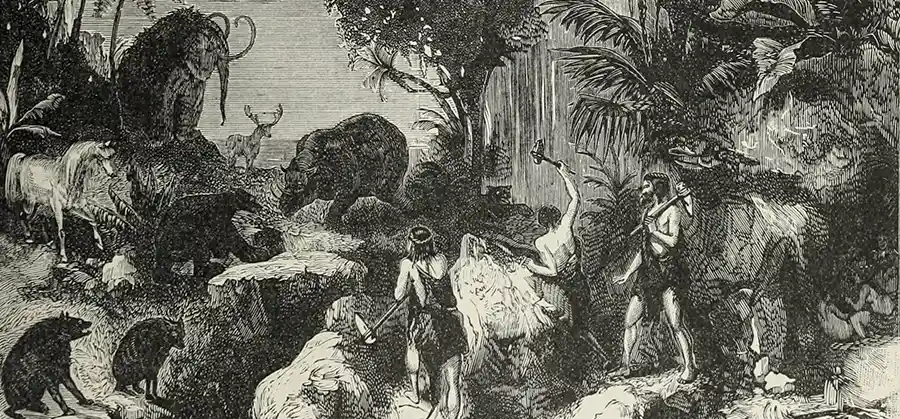
Photo Credit: Frank Gilbert
While we can’t cover the entirety of veganism’s vast history here, understanding its roots can provide valuable insight.
A recurring debate between vegans and meat-eaters revolves around whether the first humans were vegan. Many argue that humans are biologically omnivorous, citing our teeth’s design and the availability of wild meat during times when only nature’s offerings were consumed. This perspective inspired diets like the “caveman diet,” emphasizing non-processed foods. Although many believe early humans consumed wild meat, it’s worth noting that before tools and fire, our ancestors’ diet was likely primarily plant-based with opportunistic meat consumption.
Fast forwarding to 500 BCE, we encounter Pythagoras, the mathematician famed for the Pythagorean theorem. For those who’ve forgotten their high school math, yes, he’s the a2 +b2 =c2 guy. Beyond mathematics, Pythagoras believed in abstaining from consuming beings with souls, asserting that animals possess souls which reincarnate upon death. He refrained from eating animals and eggs and was an advocate for animal rights.
Historical records show that the ideals closely aligned with veganism have been present for millennia, even if the specific term “veganism” is a relatively modern addition, officially coined in 1944 by Donald Watson.
Veganism in Modern Life

Donald Watson – founder of the Vegan Society – reading The Vegan News
Photo Credit: BBC
In 1944, Donald Watson, along with several other “non-dairy vegetarians,” established The Vegan Society. This group convened to decide on a term for their dietary and lifestyle choices. They settled on “vegan,” coining it as “the beginning and end of vegetarianism.”
From 1944 to 1948, this burgeoning community lived their plant-based ethos and championed their cause. However, by 1945, Leslie J Cross, a member of the society, pointed out the absence of a precise definition for veganism. This realization led to a distinction not just from other diets but also from other lifestyles. Veganism was, and still is, defined as:
“[t]he principle of the emancipation of animals from exploitation by man”.
This definition was later elaborated to:
“to seek an end to the use of animals by man for food, commodities, work, hunting, vivisection, and by all other uses involving exploitation of animal life by man.”
Over the decades, the vegan movement has seen exponential growth. By 2020, veganism was reshaping the perspectives of millions worldwide, reflecting a more environmentally conscious era. The detrimental environmental effects of large-scale animal agriculture are now well-recognized, fueling the push for change.
Veganism has evolved to encompass more than just animal welfare. It addresses broader concerns about health, the environment, and the interconnectedness of all life. The movement underscores the importance of safeguarding our planet, each other, and recognizing our role within a vast, intricate ecosystem.
Vegan vs. Vegetarian vs. Plant-Based
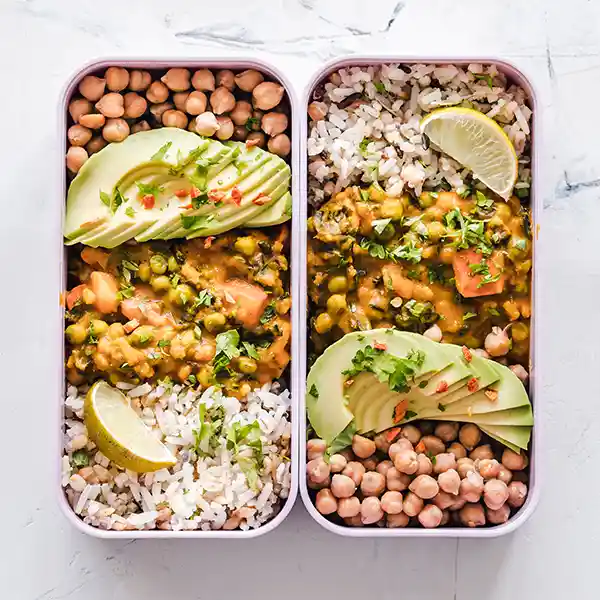
Mentioning to a vegan that you believed vegan and vegetarian diets were the same will likely elicit a swift clarification. Vegetarian diets essentially exclude meat. Some vegetarians consume dairy or eggs, and there are pescatarians who eat fish, often because they don’t categorize fish as meat.
Embracing a vegan lifestyle means excluding all forms of animal exploitation and products. This extends beyond diet; vegans abstain from using animal products in makeup, furniture, clothing, and supplements. Veganism is not just a dietary choice but also a profound ethical stance, often rooted in environmental, health, and animal welfare concerns.
A plant-based diet is one that is comprised of whole foods made from plant sources. The main difference between a plant-based diet and a vegan lifestyle is exactly that – plant-based is not a lifestyle option, but rather a dietary preference. People who follow plant-based diets would not settle for vegan “junk” foods like Oreos or Beyond Burgers. Those products are most certainly vegan because there isn’t a speck of animal products to be found in the ingredients or production process, but they are not plant based because they are not representative of the pant as it is found in nature.
Plant-based diets, essentially, are the most natural of the three diets we are speaking of and are not necessarily always vegan or vegetarian. At the same time, a person may resonate with a plant-based lifestyle, but not necessarily one that is vegan as they don’t ascribe to the same political beliefs.
5 Common Myths About Veganism Debunked
Ever whispered ‘vegan’ and caught a hint of a smirk or cringe in response? It’s more common than you’d think. Over time, vegans have been saddled with some enduring myths. Let’s set the record straight:
1. Vegans just eat “rabbit food”
While some vegans prefer raw and leafy diets, there’s a sizable portion equally excited about indulging in vegan junk food delights that pop up in stores.
2. Vegans Struggle with Protein Intake
The idea that vegans lack protein options is outdated. From lentils to tofu, there’s an abundance of high-protein vegan options available today.
3. Vegans Secretly Crave Bacon and Cheese
Many vegans enjoyed bacon and cheese before their transition. It’s not the flavors they object to, but the associated animal cruelty. Thankfully, with the plethora of vegan substitutes available, they don’t have to compromise on taste.
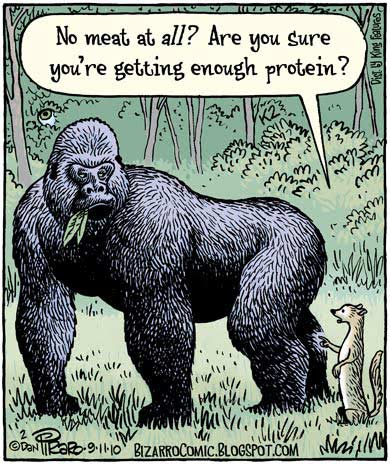
Credit: Bizarro
4. Veganism is Only for the Elite
While there are high-end vegan options in upscale urban locales, veganism can be as wallet-friendly as any diet. Relying on affordable, home-cooked vegan meals is feasible for everyone, often even more so than meat-based diets.
5. Vegan Diets Lack Essential Nutrients
On the contrary, vegan diets, when well-planned, can be rich in nutrients. They have also been linked to numerous health benefits, including a reduced risk for multiple cancers.
Veganism Beyond the Plate: Navigating Health & Beauty
While our previous discussions have touched upon the core tenets of veganism, let’s venture beyond food and explore the realm of vegan health and beauty products.
For the committed vegan, ensuring that health and beauty items are free from animal-derived ingredients or testing is paramount. Fortunately, an increasing number of brands today either champion vegan principles from inception or are gradually embracing vegan-friendly offerings.
To maintain a truly vegan and cruelty-free beauty routine, steer clear of these often-found non-vegan ingredients:
- Honey and beeswax
- Lanolin
- Collagen (unless explicitly labeled vegan)
- Gelatin
- Keratin
- Nucleic acids
- Progesterone
- RNA
Knowledge is power: a little research ensures that your vegan values permeate every facet of your life, from what you eat to what you apply on your skin.
Looking Ahead
Recent data highlights an intriguing shift in global perceptions about veganism. Citing a survey referenced by The Economist, only 0.4% of the world’s population identified as vegan in 2015. Yet, more recent research by The Vegan Society in the UK showcased that over half the population welcomes the standardization of vegan options in eateries and supermarkets. Although this data doesn’t directly translate to a spike in dedicated vegans worldwide, it unmistakably indicates the growing allure of vegan ideals.
Parallel growth is evident in the vegan beauty sector. Grandview Research projects that from being valued at $12.9B in 2017, the vegan beauty industry will soar to an impressive $15.77B in 2021, with predictions reaching as high as $20.8B by 2025. That’s an anticipated growth of nearly $1B annually! The cosmetics world surely can’t turn a blind eye to such compelling trends.
Conclusion
Globally, individuals are becoming increasingly discerning about what they ingest and apply on their bodies. The surge in veganism, driven by concerns for health, the environment, and animal welfare, is particularly pronounced among the younger cohorts. As advancements in science and technology press on, we can anticipate an amplification in vegan trends across both food and beauty sectors. Indeed, a future shaped by compassion and free from cruelty seems to be on the horizon.



